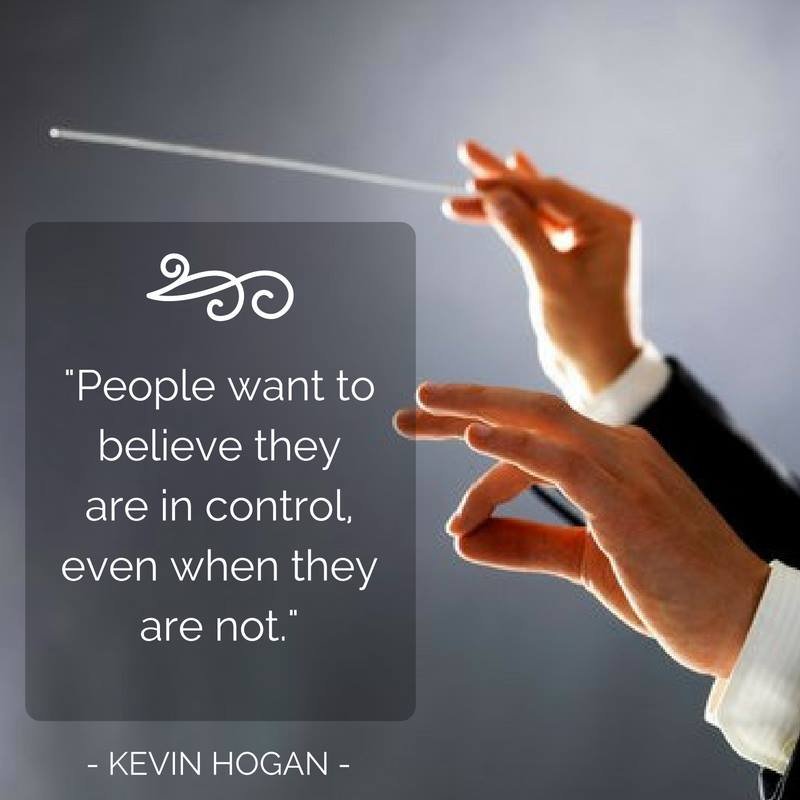“I Didn’t Mean That!“
Why did you say that nasty thing to someone you care about?
Why did they blow up in an instant without asking a simple question to clarify what you meant, when you said it.
Want to know why earlier that day you were probably wondering why you FELT you were in such a BAD MOOD even though NOTHING has happened to justify it?
Have you ever been in a bad mood that you couldn’t explain why…or how you got there?
These all stem from the same necessary challenge.
Basic science and philosophy do explain why, and how. But inflating the life jacket for someone who just seemingly ripped into you, in the moment, takes a massive brain power drain.
Here’s how these weird brain glitches and bursts of negative energy from the mouth happen.
Knowing this could save your life, your friendships, your relationship, your kids future, your business. Check this out…

For the last decade I’ve shared with you how brains are operating on a preset program that is buried deep inside. We have no idea what program is running. It doesn’t think. You can’t talk to it. It can’t talk to you. I do recommend talking directly to yourself to slow your brain down from spitting out more gunk from the massive non-conscious brain.
Non Verbal Programming
The program that is running doesn’t have words to send to consciousness, and then your mouth. You have little idea what or why the program is running.
Here”s how those conversations go in real life. You’ll recognize them. They happen pretty much every day.
The Mood Conversation
“Why are you in such a bad mood?”
“Um, I don’t know…I just am.”
or
“Why are you so fricking happy?”
“I don’t know…I just feel good.”
Ever have either of those conversations with someone else?
They see you really angry or happy as a kite and wonder how you got that way. They develop an opinion about you (good or bad) and YOU (the conscious you that is reading this) had ZERO control over that mood. You had ZERO control over the feeling.
“I Didn’t Mean That….I…I…I’m Sorry!”
If the person listening to that seemingly irrational declaration didn’t take a course in human consciousness or have a basic understanding of how long it takes to react before the brain knows what it has just spit out of the mouth, the results can be devastating.
It….was….just….there.
“I don’t know why I said it. I didn’t mean it. I meant….”
And it falls on deaf ears.
This is the same part of our brain that generates stimuli in the higher brain that causes us to say something really stupid or unkind (or kind and brilliant….though we are rarely remembered for those things.
“You’re just such a b*tch.”
“You’re a first rate pain in the *ss”
And then the other person looks at you and says,
“What?” (or “screw you I’m outta here.”)
And you say….
“I didn’t really mean that.”
And YOU (the part that is reading this) are telling the truth.
YOU absolutely didn’t intend that, but your non-conscious mind interacted with feelings which caused the verbal part of your brain to light up and spit out words in a language that your conscious understands.
So, who’s in control of your thoughts…?
Are You in Charge of All or Most of Your Thoughts?

A lot of friendships, marriages and business deals would be saved if people simply understood that people aren’t in charge of all their thoughts. (…not in charge of most of them…frankly)
Most of the time, people are not in control of all the words that come out of their mouth.
Literally, a person can say something really mean and nasty and absolutely not have intended that…or even THOUGHT that….EVER.
Now, typically when about two seconds has gone by and the brain starts to catch up with the words that are on their way to the listener’s ears….at the point where you can’t do a darn thing about it except prepare to duck….. your conscious mind generally becomes aware of what is happening.
There is an “oh my god, did I just really say that? I shouldn’t have said that…”
And you’re right, you “shouldn’t have,” but there would have been nothing you could do to prevent it. Your non-conscious, is, non conscious. It doesn’t think. It doesn’t talk. It doesn’t even communicate in any real linguistic sense to YOU (the part of you that is reading this).
Yet this is the you that is on autopilot most of the day.
Now, you might be reading this and thinking, “that’s ridiculous.”
There isn’t just “evidence” for this.
It’s fact.
It’s how the brain works.
And this, of course, drives us crazy because we just got yelled at (for a couple of seconds) and called a dirty name, and the other person says they didn’t mean it… they’re sorry and it won’t happen again.
All of that is true except the, “it won’t happen again part.”
Is This Preventable?
That’s a toughie because the non-conscious mind doesn’t really accept verbal instruction, can’t make promises and doesn’t have an interest in the other person’s welfare. It’s totally reactionary.
That doesn’t mean that the non-conscious mind can’t be modified. But again, that is for another article.
The non-conscious mind often puts you in a first class good or bad mood and you might be irritable and grumpy or all giggly and no one knows what meds you’re taking.
Research from Ohio State University explains a LOT about what is happening. A study concluded that such negative “mystery moods” can occur when people fail at a goal that they didn’t even know they had.
Tanya Chartrand, assistant professor of psychology, said such non-conscious goals can have significant effects on how we feel and act, and even on how well we achieve other goals.
“If you succeed at a goal you didn’t know you had, you’re in a good mood and don’t know why,” Chartrand said. “But if you fail at a non-conscious goal, you’re put into this negative, mystery mood.”
Chartrand discussed her recent research in Toronto at the annual meeting of the American Psychological Society.
What exactly IS a Non-conscious Goal…?
What Exactly is a “Non-conscious Goal?”

“Non-conscious goals are goals that people have frequently and consistently chosen in particular situations in the past – so much so that they eventually become triggered automatically in those same environments without their conscious thought or even intent,” Chartrand explained.
HERE’S HOW IT ALL WORKS
For example, young people who begin attending parties may start by very consciously thinking about how to best present themselves to others, and carefully monitor how they act and what they say. Over time, the features of the party environment become linked in memory with the goals of presenting themselves well. In time, the goals become non-conscious and are triggered automatically every time they go to a party.
Eventually, Chartrand said, they may not even realize they have a goal when they attend a party – but they do.
Chartrand has conducted a variety of studies examining what happens to people when they succeed or fail at these non-conscious goals.
In one study Chartrand conducted, 109 college students were given a scrambled sentence task in which they had to rearrange a series of words to make a sentence. In some cases, the students were “primed” to have a success goal by using words like “strive,” “achieve,” and “succeed.”
Other students were given neutral words that would not inspire an achievement goal.
Next, the same students were given a timed anagram task in which they had to rearrange the letters of words to create new words. The students were given either an easy anagram task in which success was assured, or a hard task that was impossible to successfully complete.
All the students then completed a questionnaire that measured their moods.
Results?
Results showed that, for participants primed with an achievement goal, those who were given the easy test reported being in a better mood than those who were given the hard test.
But, for participants who were not primed to have an achievement goal, there were no mood differences between those who had the easy test and those who had the hard test.
“We set up the experiment so some participants would have a goal of succeeding at the anagram task – even though they didn’t consciously know they had such a goal,” Chartrand said. “For these participants, their mood was affected by whether they succeeded or failed. For the other participants, success or failure didn’t have an impact on their mood.”
In a second study, Chartrand found that failing at non-conscious goals not only had negative affects on mood – it also hurt performance.
In this study, participants who were primed to have an achievement goal and then failed at an anagram task did worse on a standardized verbal test than did participants who succeeded at the task.
Other studies by Chartrand suggest, though, that participants who fail at non-conscious goals may sometimes be inspired to do better on subsequent performance tests.
Legend Point: “The key is that non-conscious goals can affect both mood and performance,” she said.
So, what are the effects…?
What are the Fallout Effects?
Chartrand said other research she has conducted shows that people who fail at non-conscious goals try to bolster their self-esteem by stereotyping or disparaging others.
“If you fail at a conscious goal, you know why you’re in a bad mood. But if you fail at a non-conscious goal you don’t know why you’re in this mystery mood and you’re more likely to stereotype others to help enhance your self-esteem.”
Chartrand said non-conscious goals play an important role in everyday life. For example, many students may have non-conscious achievement goals that affect how they act in school. Employees may have similar goals at work.
The Pervasiveness of Non-conscious Goals
“Non-conscious goal pursuit is incredibly pervasive because it saves us cognitive resources,” she said. “If we constantly had to think about what we want to accomplish in every particular situation, we wouldn’t be able to do anything else.
“We are succeeding and failing at these non-conscious goals all the time,” she said. “Research is beginning to show how this affects our moods, the way we perform, and the judgments we make about others. It’s incredibly important.”






















